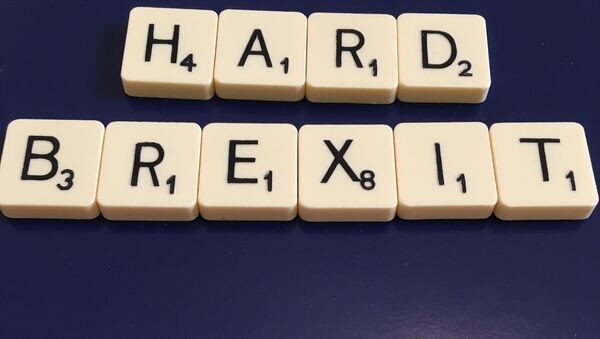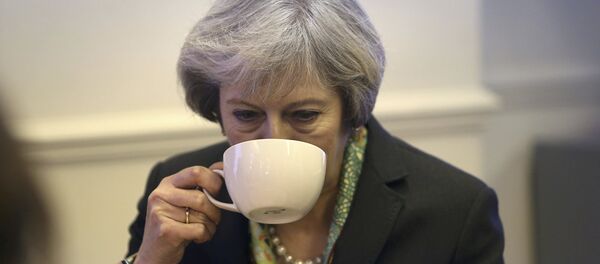MOSCOW (Sputnik) — On Thursday, May outlined her proposals for leaving the European Union, including leaving the EU single market and controlling migration flow into the country. She also said that the UK government was taking steps to ensure input from the country's devolved regional administrations regarding Brexit.
"I do not think a hard Brexit is a good idea. We have a real problem and it is Northern Ireland because we worked very hard for years to have a peace process and not to start putting a border back. May's speech makes it much more likely to be a hard border in Northern Ireland. I think it will be very damaging for the UK economy and for Ireland's economy. The United Kingdom is Ireland's biggest trading partner, and Ireland is our third largest export partner. Our trade will be impeded," Dubs said.
Dubs stressed that the negotiating sides needed to do their utmost to ensure that the specific needs of Ireland and Northern Ireland were met.
In December 2016, the House of Lords urged the European Union to invite the United Kingdom to start work on a draft bilateral agreement with Ireland in the wake of Brexit. Under EU treaties, Ireland cannot enter an agreement with the United Kingdom on its own on customs and tariffs.
Dubs stressed that the worst-case scenario could be avoided if the United Kingdom chose to keep its membership of the customs union and of the EU single market.
"I was always hoping that even after the referendum [on Brexit] we could have some basis for either being in the customs union or staying in the single market," he said.
During the late 1960s and 1990s, that claimed more than thirty-five hundred lives, Northern Ireland was subject to heavy security and major disruption because of the violence. The conflict was primarily political and nationalistic with ethnic dimension. Only after tremendous efforts and multi-party talks the disputing parties ended a "guerrilla war" by signing the Good Friday agreement of 1998.
On June 23, 2016, the United Kingdom held a referendum, as a result of which the country decided to leave the 28-nation bloc. According to the final results, some 52 percent of voters supported Brexit. Following the referendum, UK Prime Minister Theresa May said the country would trigger the Article 50 of the EU Lisbon Treaty by the end of March 2017, which will mark the beginning of the withdrawal negotiations, as well as negotiations on free trade with London's international partners.



